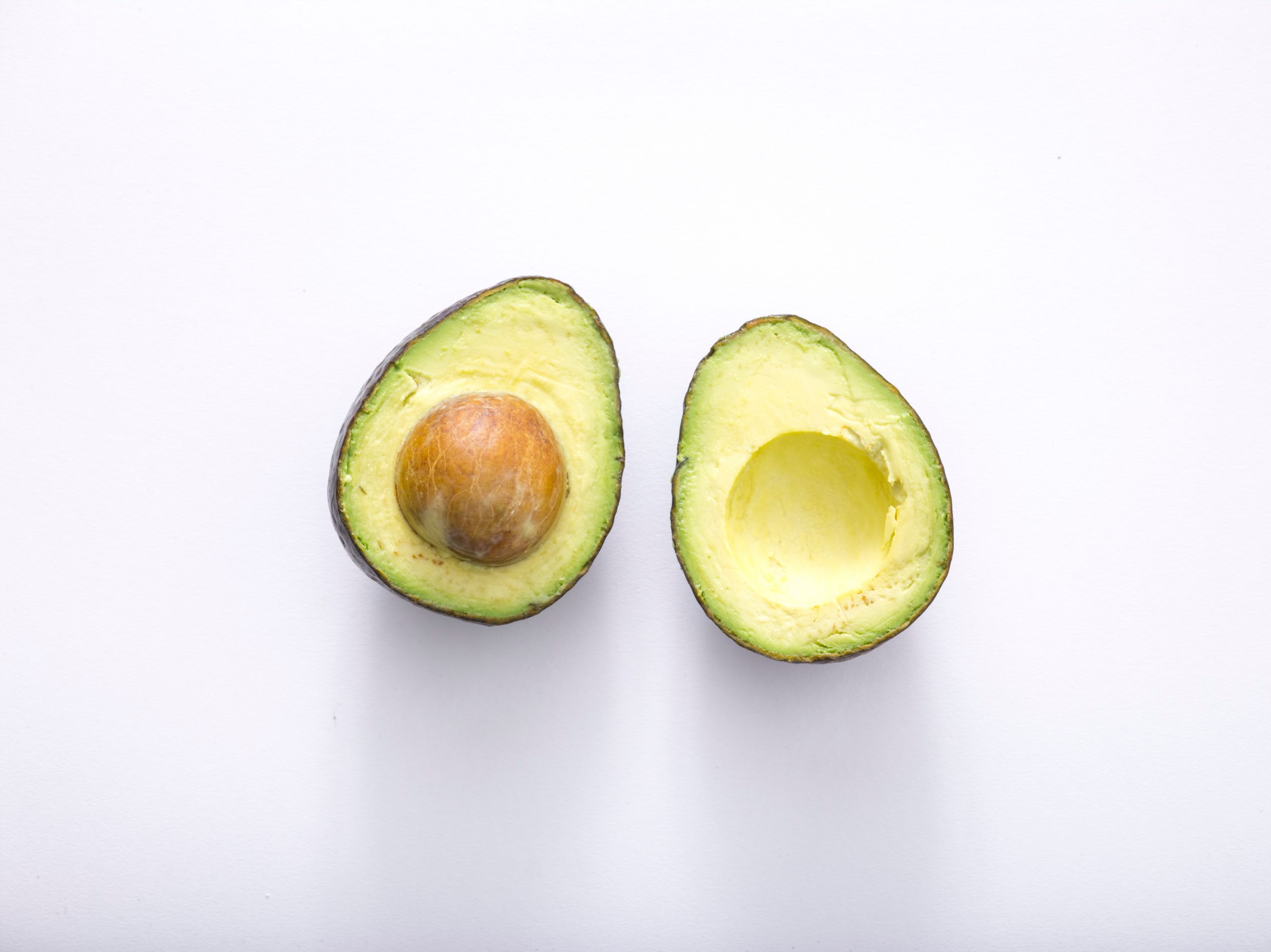 Since its inception in 1993, Environmental Working Group (EWG) has fought for “consumers’ right to have healthier lives in a healthier environment.” The group is credited with its pivotal role in Congress’ passage of the Food Quality Protection Act of 1995.
Since its inception in 1993, Environmental Working Group (EWG) has fought for “consumers’ right to have healthier lives in a healthier environment.” The group is credited with its pivotal role in Congress’ passage of the Food Quality Protection Act of 1995.
Every year since 2004, EWG tests fruits and vegetables on the market with respect to quantity and severity of harmful biocides — pesticide or herbicide apt to affect pollinators, soil biota, and consumers — measuring the residue present after the food is prepared to eat. With the assumption that washing and peeling, if appropriate, removes the bulk of the biocides, EWG updates yearly their “Dirty Dozen and Clean Fifteen” list. The list informs which of the 46 tested fruits and veggies consumers should definitely buy organic, and which ones are low risk when bought from an industrial grower.
The Dirty Dozen
This year’s report again highlights strawberries and spinach as the long-time dirtiest of the dirty dozen, followed by a group: kale, collards, and mustard greens. Then, in order of decreasing residue, the list cites nectarines, apples, grapes, cherries, peaches, pears, bell and hot peppers, celery, ending with tomatoes.
Places thirteen through thirty are occupied by produce with a medium level of biocides. In decreasing level of residue those are: potatoes, cherry tomatoes, lettuce, blueberries, cucumbers, plums, green beans, tangerines, grapefruits, raspberries, snap peas, oranges, carrots, winter squash, summer squash, bananas, sweet potatoes, and watermelon, bringing up the rear.
The Clean Fifteen starts at place thirty-one
In order of decreasing levels of biocide residue, we have the cleanest fifteen items: mangoes, cantaloupe, honeydew melon, mushrooms, cauliflower, kiwi, cabbage, broccoli, asparagus, eggplant, sweet peas (frozen), papaya, onions, pineapple, sweet corn… ending with avocados as the cleanest.
[Text Wrapping Break]The website also informs that some of the US-grown sweet corn, papaya and summer squash are grown from genetically modified seed which often means they can withstand the commonly used biocides. For a full report on specific pesticides used and other consumer concerns, visit EWG’s website.By Joanna Rosińska
Do you have a story for The Advocate? Email editor@corvallisadvocate.com


